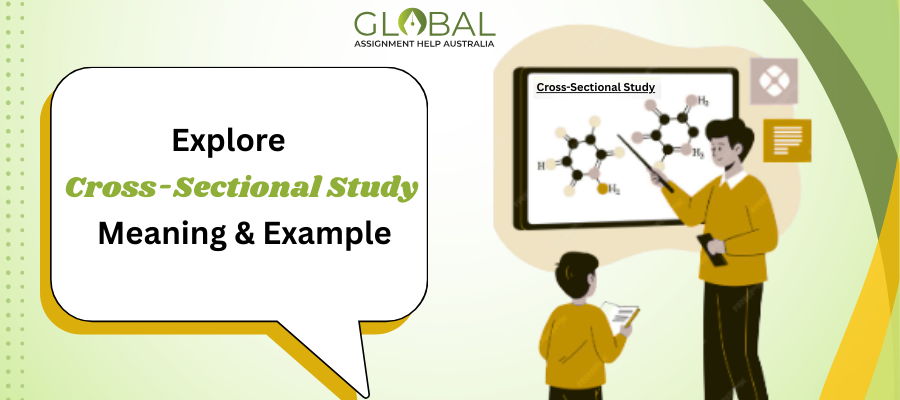 Offers
New
Order Now
Offers
New
Order Now
The 2018 FIFA World Cup began on Thursday, June 14, 2018, and the entire world is feeling its fever. With the tournament into its twenty-first edition, everyone has pulled up their socks. While the fans have prepared their schedule for every match, the FIFA organization is putting in an all-out effort for making the event successful. You would be surprised to know that this year the organizing committee has used various technological tools in the background to provide additional support to referees and provide an excellent watching experience to the TV viewers. Let us check out some of them:
This computer-based mechanism was first used at the 2014 FIFA World Cup which was held in Brazil. France’s Karim Benzema was the first player at the World Cup to get benefit from this technology when his header in the match against Honduras crossed the goal line for a fraction of second. The high-tech device also helped the referees in another three incidences of this game and as many as eight times at the 2015 FIFA Women’s World Cup in Canada. This time, the referees are going to use a much-advanced tool during the tournament as the entire stadium will be equipped with 14 high-speed cameras that will send a signal to the referee’s watch when the ball crosses the goal line.
After the successful results of goal-line technology in the previous edition of the World Cup, the FIFA committee has introduced video assistant referee (VAR) to support the match officials in making crucial decisions. It is based on broadcast and audio equipment. While the International Football Association Board (IFAB) had already given green signal to this technology in March 2018, certain limitations have to be followed. Most importantly, it can only be used to correct clear and obvious errors in match-changing decisions. The referees at the match can either rely on the information from the video assistant team or may review the video footage of the incidence in question themselves.
This time, the game will be played by using a technologically-advanced football named Telstar 18, which was designed by Adidas in 2017. The ball looks similar to the original Telstar that had been used in the 1970 FIFA World Cup. The only difference is that the newer one includes an embedded Near-Field Communication (NFC) chip that enables interaction with smartphones. The designing team of Adidas says that the ball has been framed to offer both referees and players an incredible experience.
If you miss the chance to watch the football matches at the stadium, you can have the fun in front of the TV set too. This year, the match broadcasters have used highly advanced cameras that would provide a live 180-degree stream for all the matches and 360-degree clips for focusing on the details. This time, all the 12 stadiums will be equipped with 37 cameras. Eight of those cameras have UHD/HDR output along with 1080p/SDR simultaneous feed. And, the other 11 possess 1080p/HDR and 1080p/SDR output. So, you can even enjoy the matches in HDR(High Dynamic-range). These cameras will also help the broadcasters to customize the footage on the FIFA app with their own commentary and graphics.
Well, we can say that technology will change the experience of watching the Football World Cup and things will be more impartial as referees are using computer-aided equipment to check the details. Are you are a football enthusiast who is not able to watch the series and cheer for the Australian team? If yes, then there could be no better solution than getting assignment help from us. We promise that you will be delivered a high-quality paper from our end. So bid adieu to all your academic writing stress, and enjoy the event up to the hilt.

Grab this exclusive offer and start your journey to savings today! Act quickly, as this special offer won't be around for long!

This blog explains what is a hyperbole, provides engaging examples, & explores how to use hyperbole.

Explore 150+ funny debate topics to spark laughter, creativity, and lively discussions in 2025

Cross-Sectional Study basics explained with steps, examples, and comparisons.
Limited Time Offer
Exclusive Library Membership + FREE Wallet Balance
1 Month Access !
5000 Student Samples
+10,000 Answers by Experts
Get $300 Now
Update your Number
